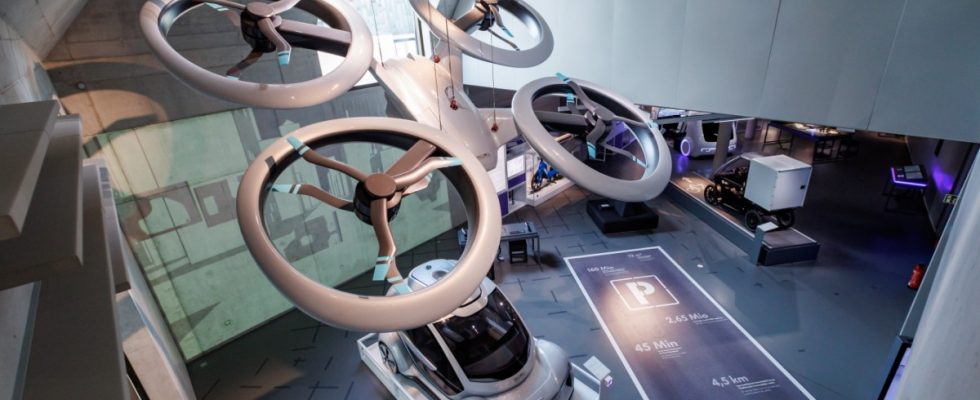The committee of inquiry into the Nuremberg Future Museum is coming to an end, the Greens, SPD and FDP are sticking to numerous allegations after the evidence has been taken: Prime Minister Markus Söder (CSU) has caused taxpayers in Bavaria millions in damage with his “prestige project” in his hometown, representatives of the three said opposition factions on Monday. Accordingly, the museum would have been much cheaper to realize if Söder, at the time still Minister of Finance, had not implemented the project “by the rules and to the advantage of a CSU party donor”. The opposition is no longer voicing the accusation of nepotism that was once raised – but instead speaks of “organized irresponsibility” and “at least gross, gross negligence”, which has resulted in a “cost explosion”.
In almost 100 hours of meetings with three dozen witnesses and six gigabytes of digitized files, the investigation committee, which met for the last time on Monday, devoted itself to the museum. The investigative body wanted to check whether everything was done correctly in the selection of the location and the rental agreement. The facility was opened in 2021 as a branch of the Deutsches Museum in Nuremberg’s Augustinerhof. Söder himself had the idea in 2014 as part of the state government’s North Bavaria initiative.
The Supreme Court of Auditors (ORH) put the costs of the museum for the public sector at a total of 200 million euros over the 25-year period, mainly because of a “landlord-friendly” contract. The opposition also aroused suspicion that the landlord of the Augustinerhof – the Nuremberg real estate investor Gerd Schmelzer – regularly appeared as a CSU party donor.
The CSU had already drawn a completely different summary of the U-Committee last week. “The allegation of nepotism via donation payments could be eliminated,” said committee chairman Josef Schmid when presenting the final report of the government factions. Schmelzer’s donations to the party were not related to the museum, but served the purpose of supporting the local election campaign of his wife, Julia Lehner, the mayor of culture for the CSU. Schmid also referred to two reports requested by the U-Committee – these showed that the rent was expensive but not too expensive because it was a special building with unique requirements. “Disgraced to the bone,” said Schmid, only the opposition had any say in the whole cause.
Well, the Greens, SPD and FDP see things differently. They wrote their interpretations as a minority report. Even if there were “no justiciable findings,” said Verena Osgyan (Green Party), processes that could not be reconstructed remained, such as how Schmelzer was actually awarded the contract. And ultimately, the Free State “let itself be fooled,” which is not a model example of transparent and responsible government action. Sebastian Körber (FDP) explained that Söder announced the Augustinerhof as the location at a press event a year before the contract was signed. As a result, the negotiating position had deteriorated dramatically, and Schmelzer was able to dictate the terms. You have to “first find a fool who will sign such a rental agreement”. Körber attested to the lack of “depth of detail” in the expert opinions, which classified the contract as appropriate. The CSU did not accept a different expert opinion on behalf of the opposition as evidence.
Volkmar Halblaib (SPD) sees the CSU’s attempt to “put up a wall” in the committee between Söder and all processes related to the museum. The work in the sub-committee was characterized by “massive fear on the part of the CSU because it is about their party leader and prime minister”. Advances by the opposition were slowed down. According to Halblaib, committee chief Schmid may have recommended himself through his leadership for higher tasks in the CSU, but did not promote clarification.
What is noticeably abundant this Monday: praise for the future museum itself, a “great and successful” house. The prime minister, Schmid and others from the CSU had often accused the opposition of not begrudge Nuremberg such a “great project” (O-Ton Söder). The Future Museum counts 120,000 visitors a year, much more than other branches of the Deutsches Museum, to the pride of many Nuremberg citizens. In this respect, the opposition ends the investigation somewhat forgivingly; perhaps because there is also an election campaign in Nuremberg.

